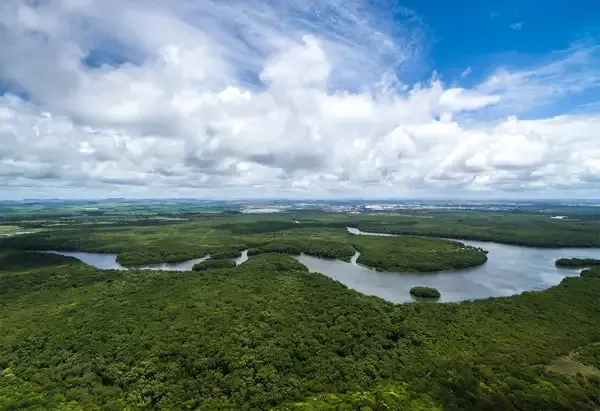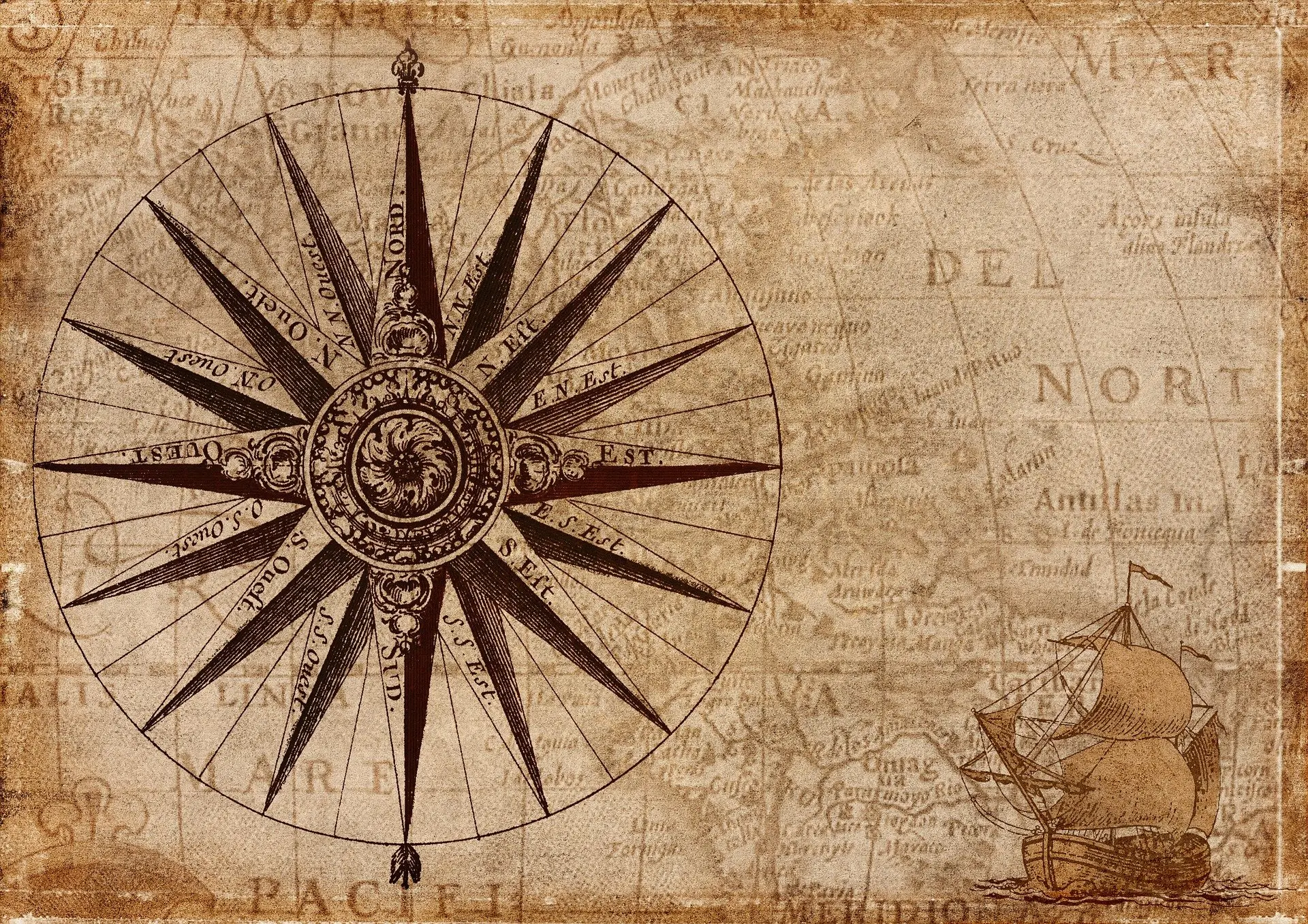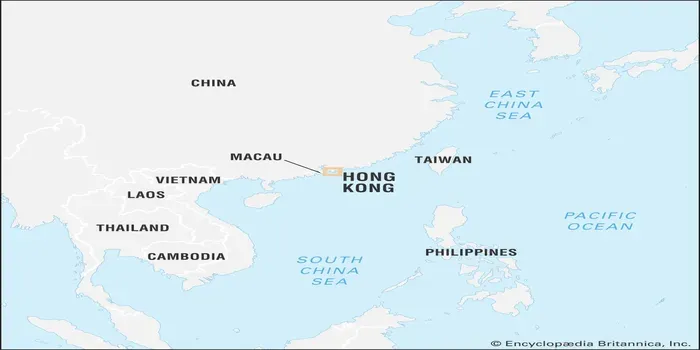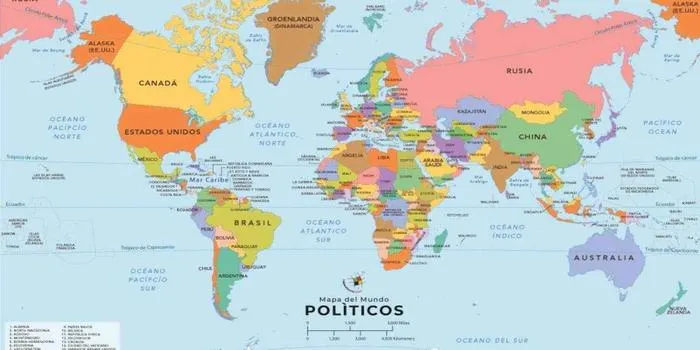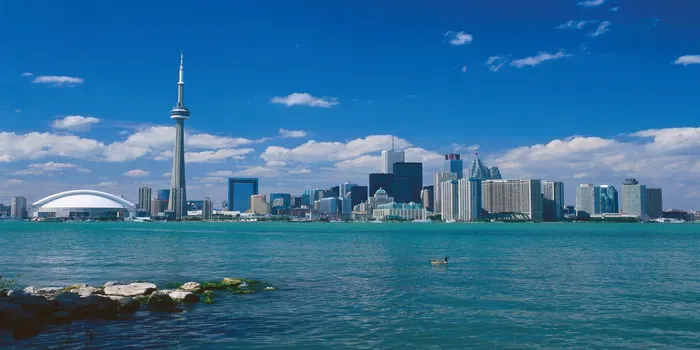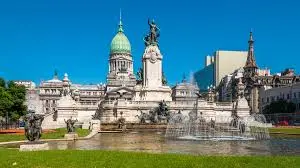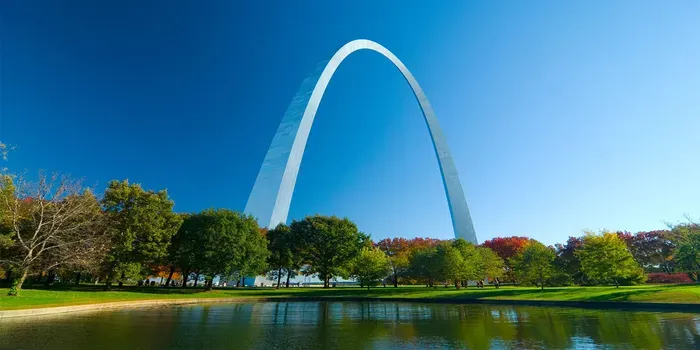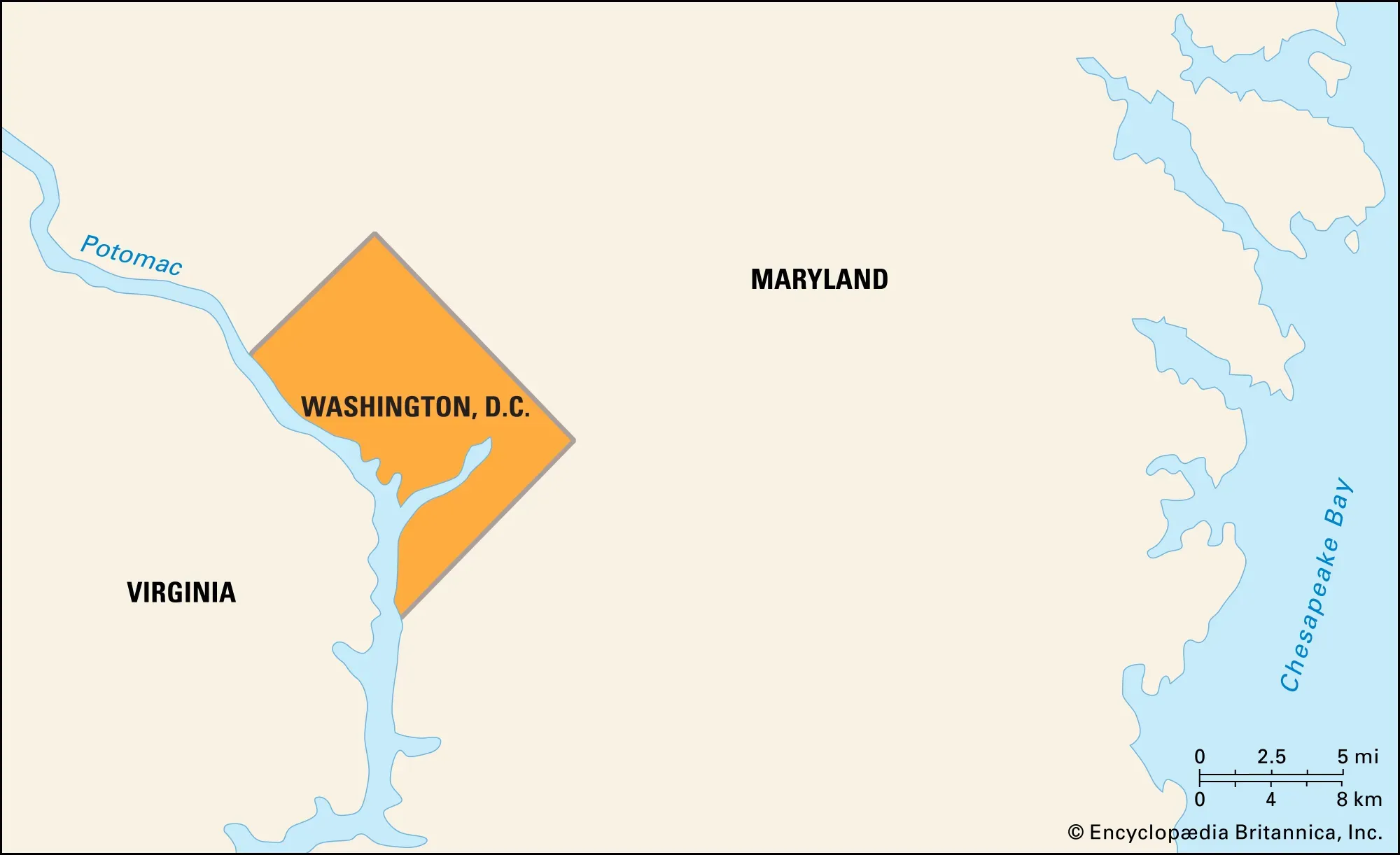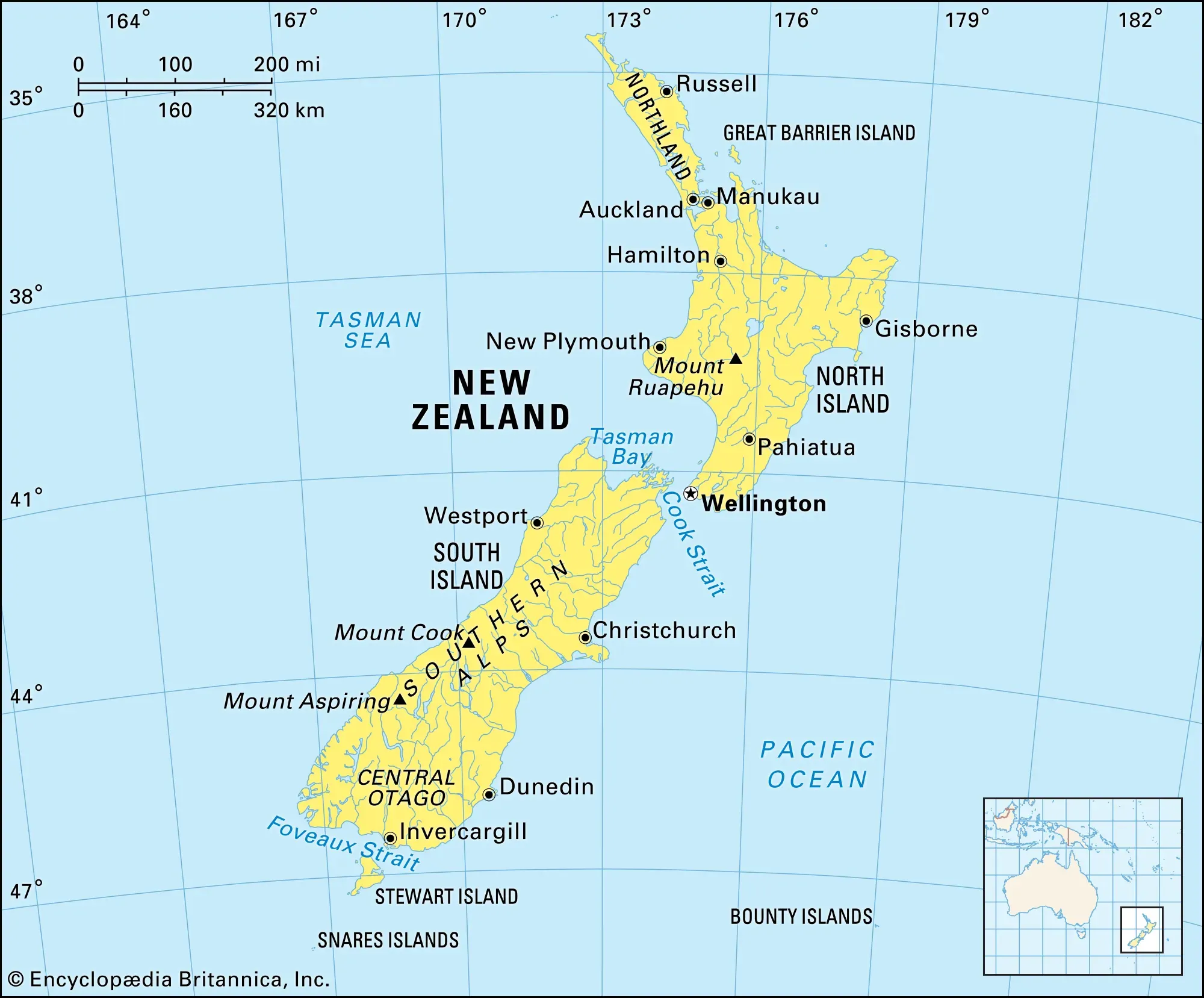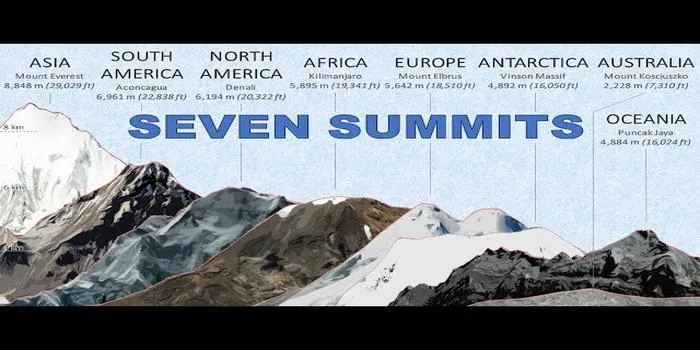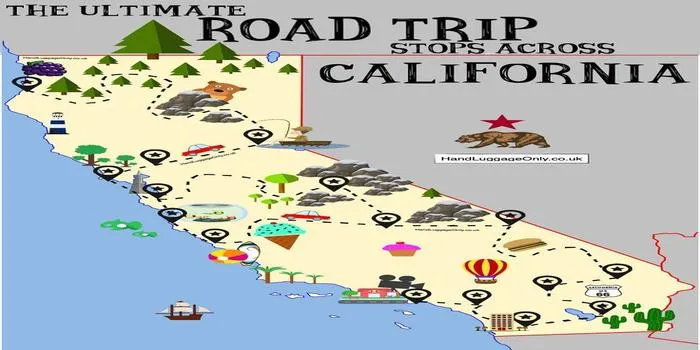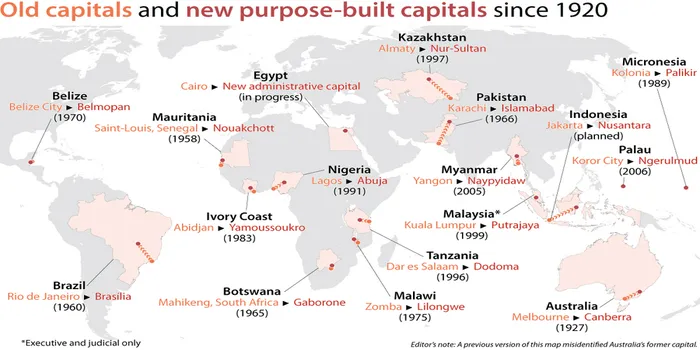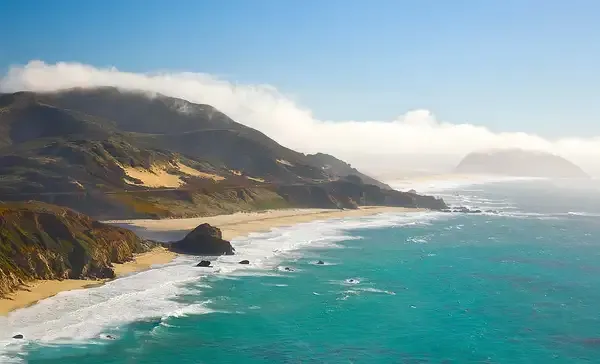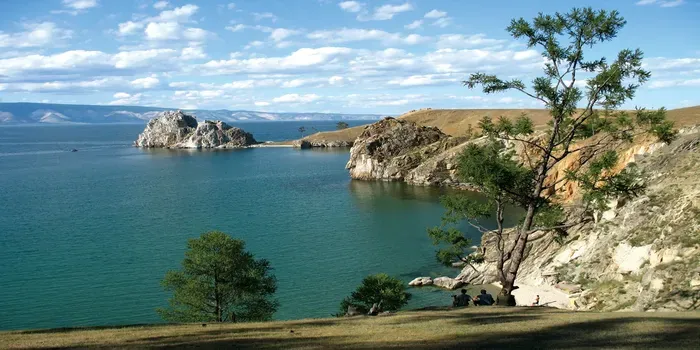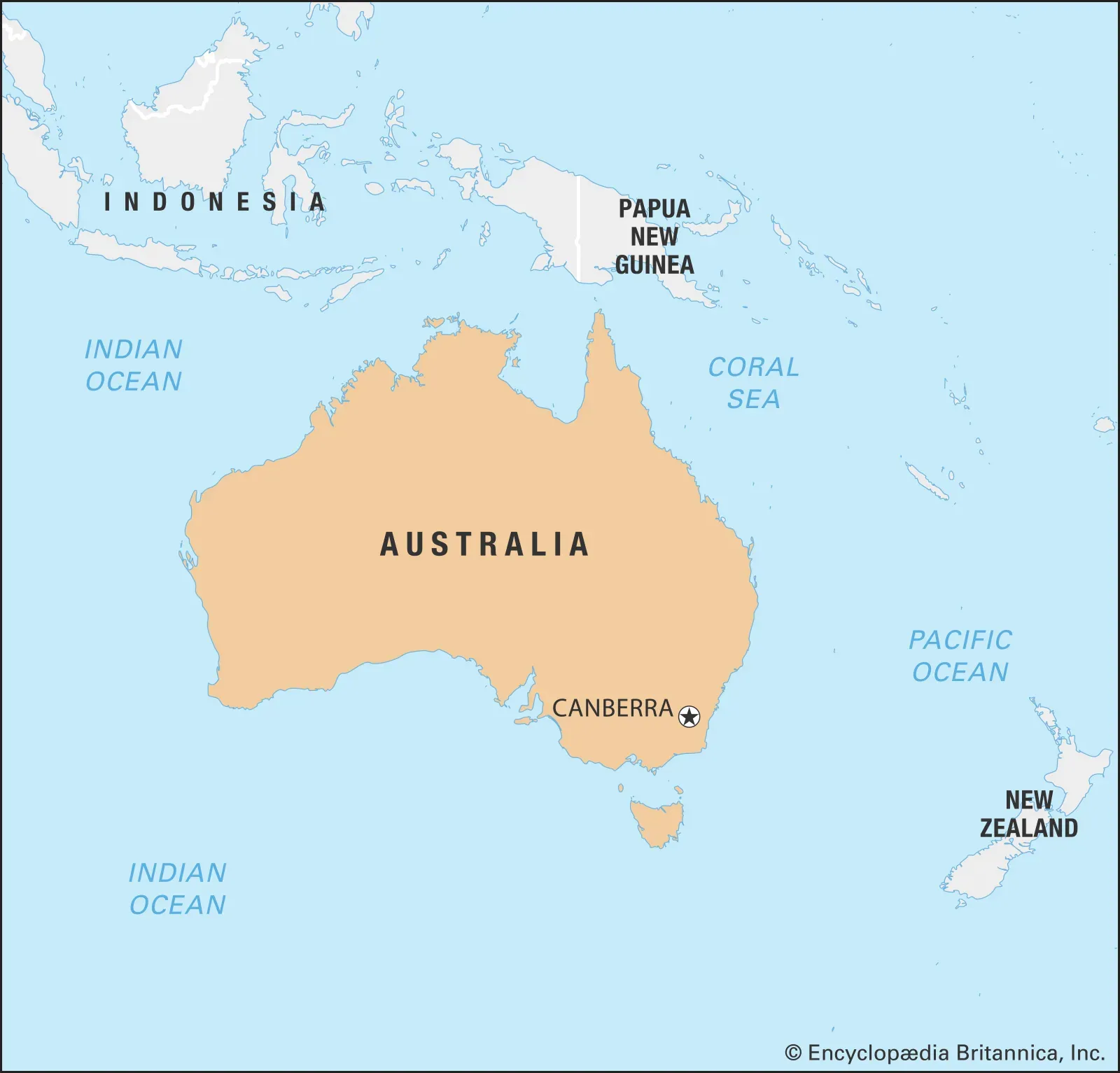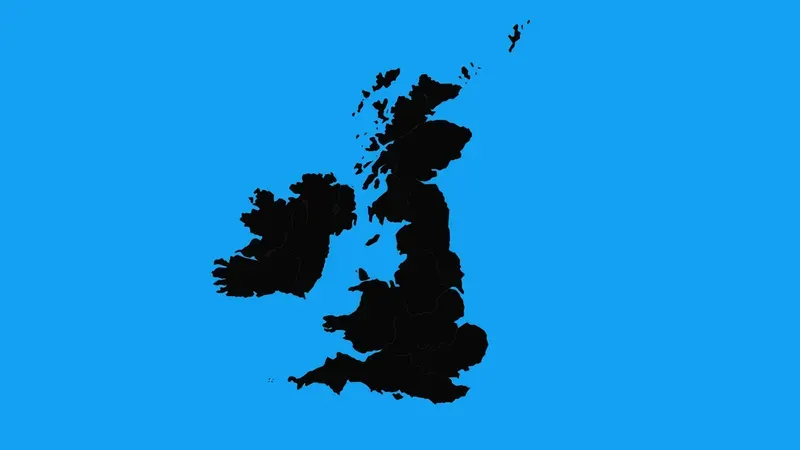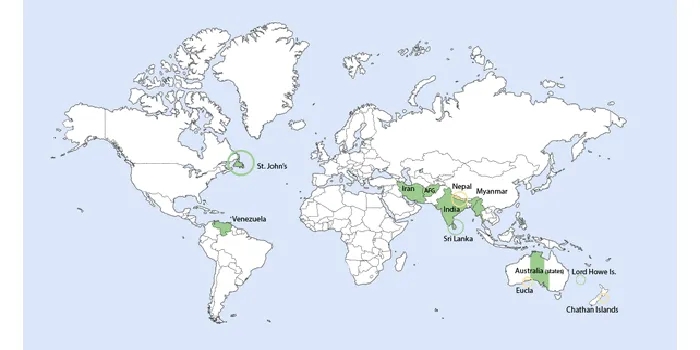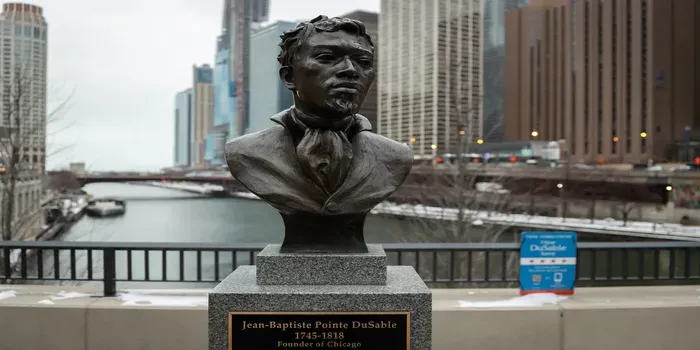How Long Is the Amazon River?
The Amazon River is one of the longest rivers in the world, with its length often debated due to its complex system of tributaries. It flows through several South American countries, primarily Brazil and Peru. Estimates of its length vary, but it is generally considered to be approximately 4,000 miles long, making it slightly shorter or longer than the Nile, depending on the measurement criteria used. Its expansive basin and diverse ecosystems make it a vital natural resource.
Why Does Hair Turn Gray?
As we age, a common physical change we notice is the shift in our hair color from its natural shade to gray or even white. This change in color can be attributed to the loss of pigmentation in the hair. Hair gets its color from a pigment called melanin, which is produced by melanocytes located in the hair follicles. Over time, these melanocytes start to produce less melanin, leading to the gradual loss of color.
A Brief and Cringe-Inducing History of
Throughout the history of the internet, certain trends have emerged that, despite their fleeting nature, have left a lasting impact on digital culture. These trends, often originating from social media platforms, blogs, or viral videos, have shaped how we communicate and interact online. While some have been celebrated for their creativity and humor, others have gained notoriety for being downright cringe-worthy. Let's take a look at some of these trends that have defined different eras of the internet.
Is Hong Kong a Country?
Hong Kong is not a country but a Special Administrative Region of China. It operates under the "one country, two systems" principle, granting it a high degree of autonomy with its own legal and economic systems. Historically a British colony until 1997, Hong Kong has its own currency, legal system, and immigration policies. However, its foreign affairs and defense are the responsibility of China, leading to ongoing debates about its political status and level of autonomy.
How Many Countries Are There in the World?
As of the latest recognized count, there are 195 countries in the world. This total includes 193 member states of the United Nations and two observer states, the Holy See and Palestine. While most of these countries are universally acknowledged, some territories and regions have disputed status, which can lead to variations in the count depending on the criteria used. These political nuances highlight the complexities in defining a country's existence and recognition on the global stage.
Why New York Is Called "The Big Apple" and How 8 Other Famous Cities Got Their Nicknames
New York earned the nickname "The Big Apple" from 1920s jazz musicians who used it to describe playing the big time. Paris is known as "The City of Light" for its role in the Age of Enlightenment and its early adoption of street lighting. Chicago is called "The Windy City" due to its blustery weather and boastful politicians. Los Angeles is "The City of Angels," reflecting its Spanish name. Each city's nickname provides a glimpse into its history and culture.
9 Architectural Landmarks in Buenos Aires
Buenos Aires boasts a rich architectural heritage, blending European influences with local flair. The majestic Teatro Colón is renowned for its impeccable acoustics and opulent design. Casa Rosada, the presidential palace, captivates with its distinctive pink hue. The neoclassical Metropolitan Cathedral houses the tomb of General San Martín. Modern marvels like the Floralis Genérica, a massive metal flower sculpture, and the innovative Puente de la Mujer bridge showcase contemporary creativity. Historic neighborhoods like San Telmo and La Boca offer vibrant, colorful facades, while the grand Palacio Barolo and the ornate Palacio de Aguas Corrientes highlight the city's eclectic architectural diversity.
Why Is Missouri Called the Show Me State?
Missouri is called the "Show Me State" due to its residents' reputation for skepticism and demand for proof. This nickname is believed to have originated in the late 19th or early 20th century, often attributed to a speech by Congressman Willard Duncan Vandiver. While visiting Philadelphia in 1899, he declared that "frothy eloquence neither convinces nor satisfies me. I am from Missouri. You have got to show me." This phrase captured the pragmatic and no-nonsense attitude associated with Missourians.
What State Is Washington, D.C. In?
Washington, D.C. is not located in any U.S. state. It is a unique federal district created by the Constitution to serve as the nation’s capital. Situated between Maryland and Virginia, it was established in 1790 and named after George Washington. The district is autonomous, with its own local government, but Congress retains ultimate authority. This separation ensures that the capital remains neutral and not influenced by any single state’s interests.
Where Is “Old Zealand”?
Old Zealand, known as Zeeland in Dutch, is a province in the southwestern part of the Netherlands. Comprising a series of islands and peninsulas, it is bordered by the North Sea to the west and south. The name “Zeeland” means “sea land” in Dutch, reflecting its geography of land interspersed with water. It is known for its picturesque landscapes, historical towns, and significant role in Dutch maritime history, which inspired the name of New Zealand.
What Is the Newest Country in the World?
As of now, the newest country in the world is South Sudan, which gained independence from Sudan on July 9, 2011. This followed a referendum where the majority of the population voted for secession. South Sudan's creation was a result of decades-long conflict and a peace agreement aimed at ending the civil war. The country is rich in cultural diversity and natural resources, but it faces ongoing challenges, including political instability and economic development.
7 (or 8) Summits: The World’s Highest Mountains by Continent
The "7 (or 8) Summits" challenge involves climbing the highest mountain on each continent. These peaks include Mount Everest in Asia, Aconcagua in South America, Denali in North America, Kilimanjaro in Africa, Vinson Massif in Antarctica, Elbrus in Europe, and Puncak Jaya or Mount Kosciuszko in Australia, depending on the list. Completing this challenge is a prestigious achievement for mountaineers, demanding diverse skills and resilience due to varying climates and terrains across the globe.
28 Places to See on Your California Road Trip
Embark on a captivating California road trip exploring diverse attractions across the state. Experience the breathtaking beauty of Yosemite National Park and the towering trees of Redwood National and State Parks. Discover the vibrant culture in San Francisco and Los Angeles, while soaking in the coastal charm of Big Sur and Santa Barbara. Delve into the desert landscapes of Joshua Tree and Death Valley, and unwind in the serene wine regions of Napa Valley and Sonoma County. Each destination offers unique adventures and unforgettable memories.
How Do Countries Choose Their Capital Cities?
Countries choose their capital cities based on a variety of factors, including historical significance, geographic location, political considerations, and economic potential. Often, capitals are centrally located to symbolize unity and accessibility. Historical events or cultural importance can also influence the choice, as can a desire to promote development in a particular area. In some cases, capitals are moved to reflect political shifts or to alleviate congestion in overcrowded cities. The decision is usually a blend of practical and symbolic considerations.
What Is Known (and Not Known) About the Bermuda Triangle
The Bermuda Triangle, also known as the Devil's Triangle, is a region in the western part of the North Atlantic Ocean where numerous ships and aircraft have disappeared under mysterious circumstances. Despite extensive speculation, there is no scientific consensus on a single cause. Theories range from environmental factors like methane hydrates and unpredictable weather to more fantastical explanations such as alien activity. While some incidents can be attributed to human error or natural phenomena, many remain unexplained, fueling ongoing intrigue and debate.
9 of the World’s Deepest Lakes
The world is home to some incredibly deep lakes, renowned for their profound depths and unique ecosystems. Lake Baikal in Russia, the deepest of all, is known for its ancient and diverse biodiversity. Tanganyika in Africa boasts remarkable depth and is a haven for many species. The Caspian Sea, though technically a lake, features significant depths. Other notable deep lakes include Vostok, O'Higgins-San Martín, Malawi, Issyk-Kul, Great Slave Lake, and Crater Lake, each offering distinct geological and ecological characteristics.
Is Australia an Island?
Australia is often referred to as an island due to its massive landmass surrounded by water. However, it is technically a continent, as it sits on its own tectonic plate. While islands are typically smaller landforms, Australia is the world's sixth-largest country and the only nation to cover an entire continent. Its classification as a continent rather than an island is based on geological criteria and historical context, distinguishing it from smaller islands globally.
What’s the Difference Between Great Britain and the United Kingdom?
Great Britain and the United Kingdom are often confused but refer to different entities. Great Britain is a geographical term that describes the island comprising England, Scotland, and Wales. The United Kingdom, or the UK, is a political entity that includes Great Britain and Northern Ireland. Therefore, while Great Britain refers to only the island, the United Kingdom encompasses four countries: England, Scotland, Wales, and Northern Ireland, making it a sovereign state with a broader political scope.
Why Are Some Time Zones 30 Minutes Off Instead of an Hour?
Some time zones are 30 minutes off instead of an hour due to historical, political, and geographical reasons. Countries or regions may adopt a 30-minute offset to better align their standard time with solar time or to accommodate unique local considerations. This can reflect a compromise between neighboring regions or countries that are in different time zones. Additionally, such decisions might be influenced by economic ties, cultural affiliations, or attempts to harmonize timekeeping with major trading partners.
Who Founded Chicago?
Chicago was founded in the late 18th century by Jean Baptiste Point du Sable, a trader of African and French descent. He established a settlement at the mouth of the Chicago River in the 1780s, where he built a prosperous trading post. Du Sable is recognized as the city's first permanent, non-native settler and is often referred to as the "Founder of Chicago." His settlement laid the groundwork for Chicago's development into a major urban center.

